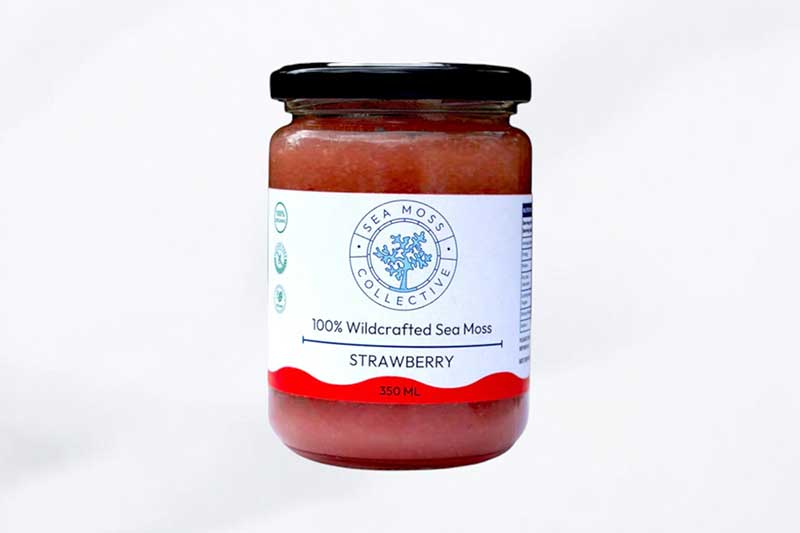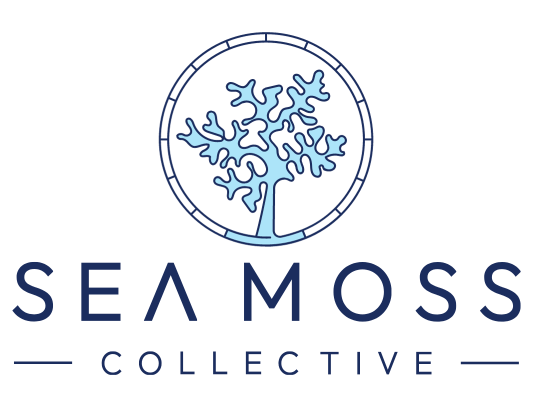How Climate and Water Conditions In New Zealand Affect Sea Moss Quality
When considering Sea Moss products, understanding how environmental factors influence quality may help you make more informed purchasing decisions. New Zealand's unique climate and pristine water conditions may affect the quality and composition of Natural Sea Moss available in the market.
1. New Zealand's Pristine Coastal Waters:
New Zealand's geographical isolation contributes to exceptionally clean ocean environments. The country maintains strict water quality standards and marine protection policies to preserve its coastal ecosystems.
Key factors include:
● Remote location reducing industrial pollution exposure
● Strong ocean currents promoting nutrient circulation
● Stringent environmental regulations protecting marine ecosystems
● Lower population density along many coastal areas
These conditions may influence the purity of Sea Moss NZ products sourced from or processed in New Zealand waters.
2. Temperature Variations and Sea Moss Growth:
New Zealand's temperate maritime climate creates specific growing conditions for marine algae. Water temperature significantly affects seaweed growth rates and characteristics.
Temperature considerations:
● Cool to moderate water temperatures in many NZ coastal regions
● Seasonal variations affecting growth cycles
● Temperature stability supporting consistent quality
These temperature ranges may differ from tropical waters where some Raw Sea Moss species naturally thrive, potentially affecting the texture, color, and nutrient composition of locally available products.
3. Nutrient Availability in New Zealand Waters:
The nutrient profile of ocean water directly impacts what seaweeds may absorb during growth. New Zealand's coastal waters exhibit varying nutrient levels depending on location and ocean currents.
Nutrient factors:
● Upwelling zones bringing deep-water nutrients to surface
● River runoff contributing minerals and organic matter
● Seasonal variations affecting nutrient dynamics
According to research published in Frontiers in Marine Science, New Zealand seaweeds contain varying nutrient compositions depending on their growing environment. These environmental variables may influence the composition of Natural Sea Moss products.
4. Water Clarity and Light Penetration:
Water clarity affects how much sunlight reaches growing seaweed. Clear waters allow deeper light penetration, potentially supporting photosynthesis at greater depths. New Zealand's relatively clear coastal waters may provide optimal light conditions for certain seaweed species.
Light-related factors:
● Reduced sediment in many coastal areas
● Impact on pigment development in seaweeds
● Influence on growth density and structure
5. Diverse Seaweed Species in New Zealand:
New Zealand hosts a diverse range of seaweed species. Understanding this diversity helps contextualize sea moss products within the broader marine ecosystem.
Species diversity:
● New Zealand's marine flora includes red, brown, and green seaweeds
● Different species thrive in varying environmental conditions
● Species composition varies by location and depth
This biodiversity may affect what types of Raw Sea Moss are available in the region.
6. Seasonal Climate Variations:
New Zealand's distinct seasons create changing conditions throughout the year. The country's position in the Southern Hemisphere means reversed seasons compared to Northern Hemisphere sources.
Seasonal considerations:
● Winter storms potentially affecting harvesting schedules
● Summer growth periods varying by species
● Seasonal water temperature fluctuations
Understanding these patterns may help explain availability and quality variations in Sea Moss Gel NZ products throughout the year.
7. Regulatory Environment and Quality Standards:
Beyond natural conditions, New Zealand's regulatory framework affects product quality. The country maintains comprehensive food safety standards administered by the Ministry for Primary Industries.
Regulatory factors:
● Strict food safety regulations for all food products
● Quality control requirements for food-grade marine products
● Traceability standards for marine-sourced ingredients
New Zealand Food Safety, part of the Ministry for Primary Industries (MPI), ensures that food products are safe and suitable for consumption. These regulations may provide additional quality assurance for Sea Moss NZ consumers.
Conclusion
New Zealand's unique combination of pristine waters, temperate climate, and strong regulatory oversight creates a distinctive environment for Sea Moss products. While these factors may contribute to product quality, individual products can vary significantly based on sourcing, processing methods, and storage conditions. Understanding these environmental influences may help you ask better questions when selecting Natural Sea Moss or Sea Moss Gel products.
At Sea Moss Collective, we prioritize transparency and quality in every Sea Moss product we offer. We ensure our sea moss meets New Zealand's strict food safety standards while providing comprehensive information about sourcing and processing. Our commitment is to deliver premium Sea Moss NZ products you can trust. Contact us for more details.
Disclaimer: This article is for informational and educational purposes only. It does not constitute medical, health, or nutritional advice. Please consult with qualified healthcare professionals before making any dietary changes or adding supplements to your routine.

